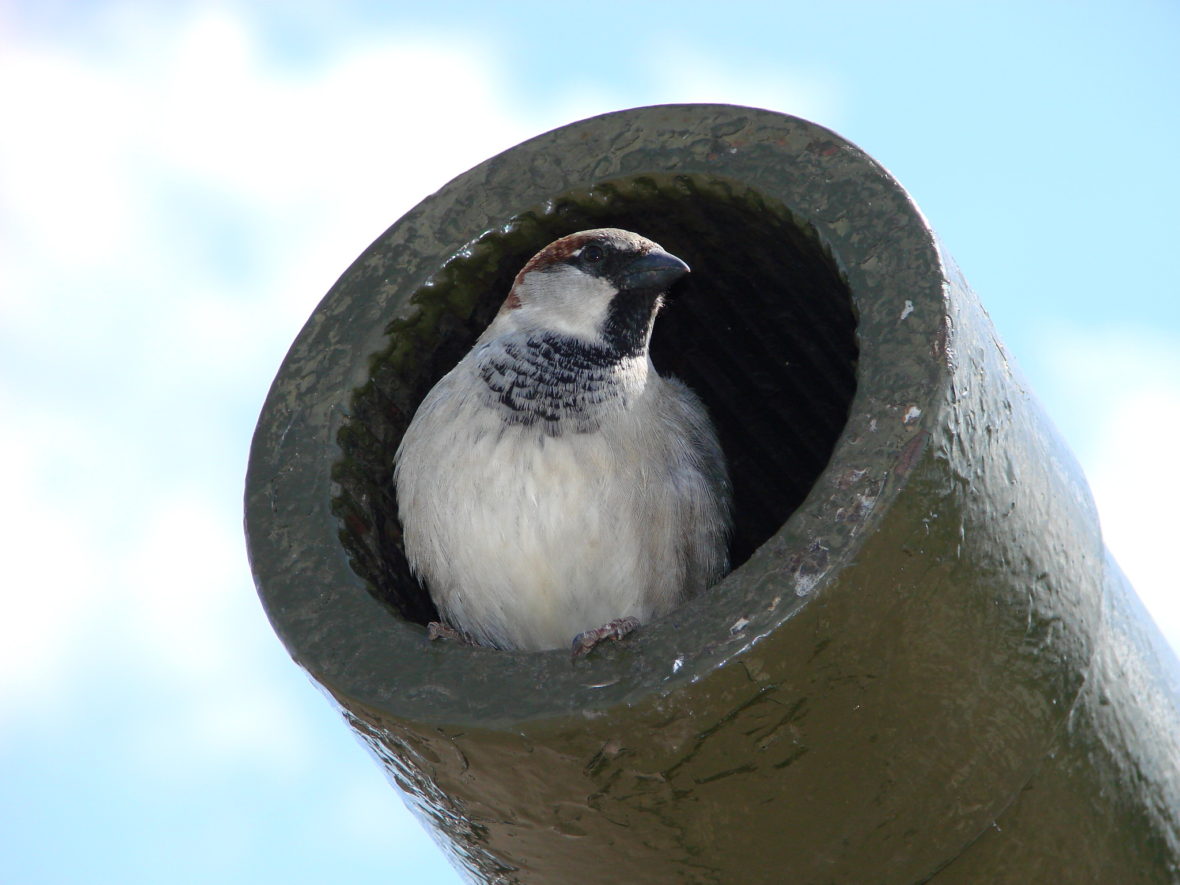FOR DONALD HALL, 1928-2018
Donald Hall died Saturday night, full of years and full of honors. He had been diagnosed with sinus cancer in May and declined treatment. He kept writing through his last weeks, if only for twenty minutes at a time. He lived his life through poetry, and although he stopped writing poems several years ago, he never stopped thinking about them.
Sometimes it seemed he knew every poet in the U.S. and Britain, and in Ireland, and India, and maybe China. His correspondence was enormous, in part because he hated talking over the phone. Observing my toddler daughter during a visit to Eagle Pond Farm, he commented on her busy examination of the room. “Curiosity!” he said, elongating its syllables, “that’s essential for a poet.” Liz and I both remember the house, the blue chair by the window Don used to sit in, the gold sofa opposite Jane and I would share. The walls were full of art, the tops of bookcases exuberant with Mexican pottery (writing this, I edited “adorned with exuberant Mexican pottery”—Don sits at my shoulder). One of my greatest sorrows is that I’ll never visit that house again.
I met Don and Jane in 1972, the year they married. I was a junior fellow at the University of Michigan, an organization Don had a hand in creating, modeled on the Harvard Society of Fellows. When they moved to New Hampshire, I was one of the few souls within a hundred miles Jane knew from her life in Ann Arbor. Friends, we became closer friends. We edited a magazine together. We shared a publisher when Alice James Books accepted From Room to Room and Jane sometimes stayed overnight for co-op meetings. I was Jane’s friend more than Don’s. After Jane died, Don and I started writing to each other regularly and every few months we’d meet at the Mall of New Hampshire. At the beginning we’d walk through stores together, looking at elaborate coffee machines and placemats with poker-playing dogs Jane would have laughed at and admired. Later we’d meet for lunch, Don leaving his burger to meter his blood sugar, and after, to my distress, for a cigarette.
It’s amazing Don lived to be 89. He thought he’d die at 52, the age his father did, and there was reason to think so. Years before Jane he drank a lot; he was a lifelong smoker. Although Jane acquired the lovely Gus in part to encourage Don to exercise more, Jane did the dog-walking (and, lucky world, wrote about it). Don survived colon cancer, liver cancer, diabetes, a stroke, and, after Jane’s death, manic episodes and terrible depression (he once showed me an ad in an L.L. Bean catalogue for an exceptionally warm “bi-polar jacket”). He survived and endured, writing some of his best poems.
It’s hard to choose what I most want to say about my dear friend. I loved him, and I learned from him endlessly. I taught him in my poetry classes, and showed the Bill Moyers video interview, “Donald Hall and Jane Kenyon–A Life Together” countless times. I was always struck by one exchange between Don and Bill Moyers about 20 minutes into the video. Don has just read “White Apples,” a poem about his father’s death. He explains that the phrase “white apples and the taste of stone” simply came to him, and he knew it belonged to the draft he was working on. What is a white apple? A snowball, or a piece of stone you’d break your teeth on? Don doesn’t know. Moyers remarks that it sounds like something on a cemetery frieze or mausoleum. And Don is astounded. The house in Ann Arbor backed up to a graveyard, and his windows overlooked the stones. “Thank you,” Don says, having learned something about his own poem, and his own process, he didn’t know. And Moyers replies, “A poem is a living phenomenon for what it brings out of the reader.”
Don, a Freudian at heart, recognized the drive of the unconscious. He wrote that when a poet says North, look South, and that every move in a poem has an underside the poet can’t completely apprehend; otherwise the poem would be impossible to write. That moment in “A Life Together” illustrates Don’s notion. It also supports the ginger feeling I get when writing poetry—I need to know enough, but not too much, about how I get from one word to the next.
Don was a constant reviser. I remember seeing the 119th draft of what would become the book-length poem The One Day (it was originally called Building the House of Dying). When DeWitt Henry and I edited the 20th anniversary issue of Ploughshares, Don sent me this version of the experience he described in “White Apples.” He wasn’t done being haunted by his father.
The White Closed Door
1.
When the day arrived I
Pushed your gurney to where
A noiseless orderly
Pressed for an elevator
To drop you down and down
To the operating room.
The telephone rang too soon.
Returned to the hospital,
We heard the exact surgeon
Present a schedule:
In seven months, he said,
Father, you would be dead.
2.
Dying men dig a hole, as if they try
The climate underground before they die.
3.
Dead before Christmas you only
returned once, in January:
As I slept in a familiar
bedroom, wakeful, I heard your clear
urgent voice call one syllable
of my name. Wakened I lay still,
attent and terrified to stare
at the dark bedroom’s white closed door.
Listening, I heard the cold rain
and wind but never you again.
